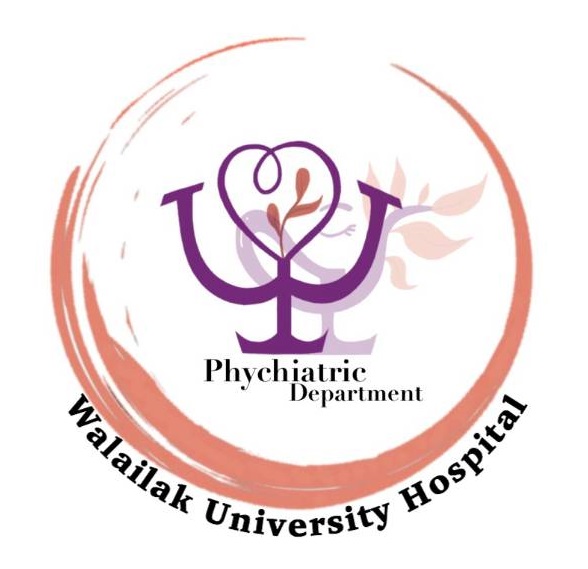Course info

Course description
Psychological conflict and defense mechanism, personality development disorders, integration of knowledge in epidemiology, symptomatology, pathogenesis, psychopathology, pharmacology and principles of holistic care for diseases and disorders in psychiatry, which are of public health importance.
General objectives: Students can understand diseases and disorders in psychiatry, diagnosis, prevention, treatment and principles of holistic care for diseases and disorders in psychiatry, which are of public health importance.
Behavioral objectives: At the end of the course, students are able to:
- Describe the epidemiology, etiology, pathogenesis, pathology pathophysiology, and clinical pathology of psychological and behavioral disorders.
- Apply the knowledge of epidemiology, etiology, pathogenesis, pathology, pathophysiology, and clinical pathology for the diagnosis of psychological and behavioral disorders.
- Indicate the application of the laboratory tests and carefully perform them with experience as well as interpret the laboratory report for diagnosis of psychological and behavioral disorders.
- Describe the principles of management i.e. pharmacology (pharmacokinetics, pharmacodynamics, indications and adverse reaction of drugs used especially the drugs in the national essential drug lists) including health promotion, prevention, rehabilitation, and holistic care of the patients with psychological and behavioral disorders.
- Describe the gender, ethnic, age, and health behavior affecting the treatment and prevention, including psychosocial, cultural, economic, occupational, and environmental impact on psychological and behavioral disorders.
- Work as a team with responsibility to search for the evidence-based data from various resources for analyzing, discussing, synthesizing, and applying the knowledge in medical problem solving.
- Analyze the common ethical issue related to medical practice and know how to solve the problem ethically.
- Teacher: ผู้ช่วยศาสตราจารย์ นพ.ปวรุตม์ พวงศรี
